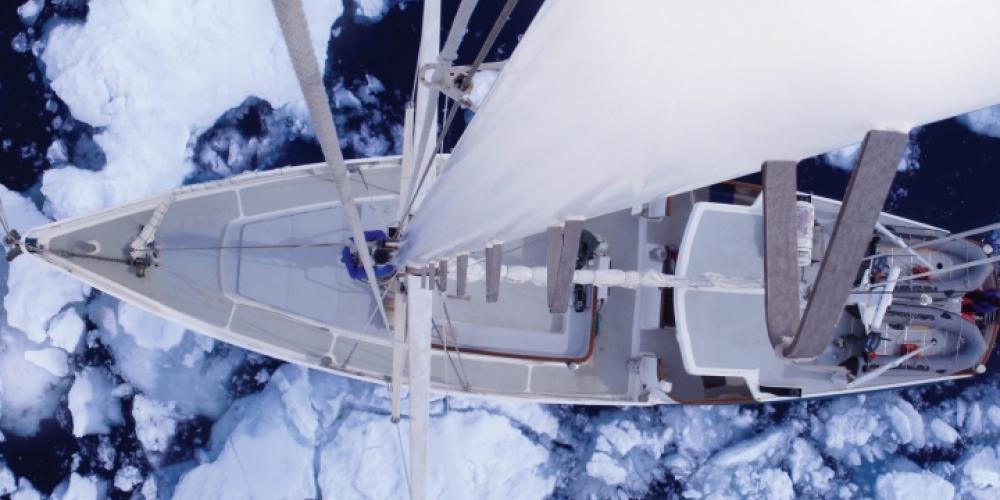
The expedition, led by Dr Bruno Danis (ULB), is named Belgica121, a nod to the first scientific expedition to Antarctica in 1897-1899, when the Belgian Adrien de Gerlache spent a winter onboard the Belgica and recorded the first intertidal biodiversity data. The team going out to the Antarctic aims to set an ecological census baseline to better understand the ecosystems in the area.
The scientists, who are all working at Belgian universities or research institutes (and a French one) are Italian, Belgian, German, and French. Organisms will be studied and collected (divers, dredge, remotely operated vehicles, …) from 100 to 0m depth. Most interesting specimens will also be photographed as this is precious for further identification and outreach. The team’s research areas are relatively wide-ranging (trophic ecology, evolution, physiology) looking at birds, fishes, molluscs, crustaceans, sea stars and sea urchins.
The research trip is part of the RECTO/vERSO projects funded by Belspo, the Belgian Federal Science Policy Office. One of the team members is Dr Quentin Jossart, a post-doc researcher at the Marine Biology laboratory of the Vrije Universiteit Brussel (VUB). This will be his first trip to the Antarctic and he hopes to gather more information for his genetic work on the evolution and biodiversity of sea stars. This includes the study of what are known as ‘cryptic species’, i.e. two species of sea star that look the same but are genetically totally different. During the Belgica 121 expedition, he will also investigate the diversity of seashore (intertidal) organisms for which very little is known in Antarctica. His past work has taken him to the University of Auckland (New Zealand) and the British Antarctic Survey (UK). [continue reading below picture]
The Western Antarctic peninsula isn’t as remote anymore as it was 121 years ago. Across a year the continent receives some 50,000 tourists and some 5,000 scientists. The habitats found in this remote area are exposed to fast-moving changes in environmental parameters such as seawater temperature, salinity, sea-ice regimes, and this impacts the organisms living there, which in turn have an influence on the structure of the entire ecosystem in the Antarctic region.
The team has funding for the trip itself but is looking at crowdfunding to make a documentary which would allow them to reach out towards general audiences and generate more awareness not only for their research and their trip, but on what they will find in relation to the changing Antarctic ecosystems.
And why a sailing boat? Well, it is a sustainable way to make the trip and it will allow the team to reach shallow areas which are out of range for large ice-breakers. The skipper (Ben Wallis, Ocean Expeditions) has ample experience of sailing in the area and the boat is well equipped to deal with the possibly hazardous journey from Ushuaia, crossing the Drake Passage to the Gerlache Strait, where the team will stay for a month. A true adventure in other words!